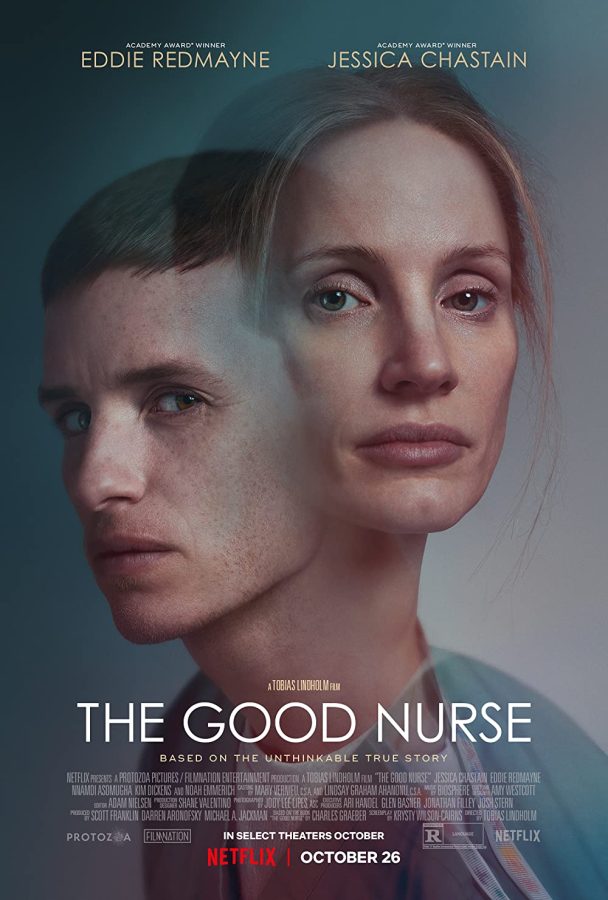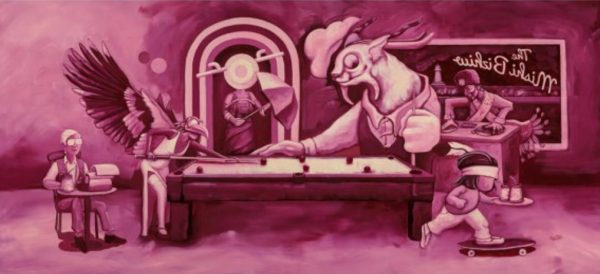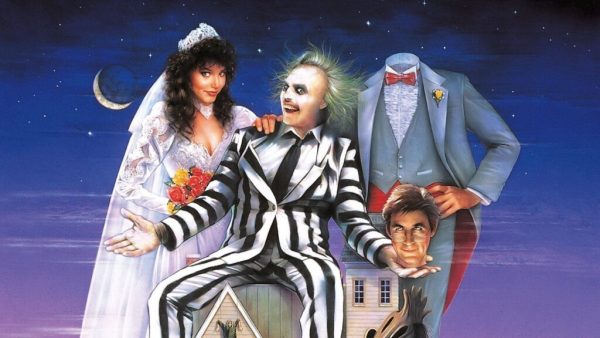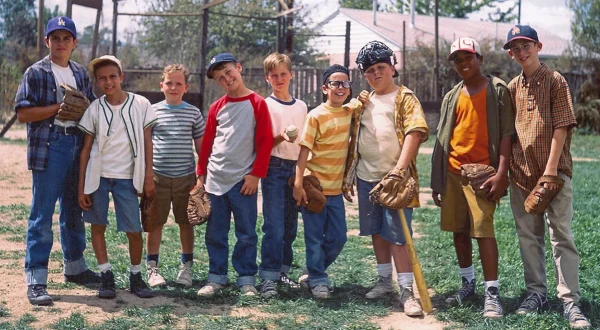‘The Good Nurse’: What does the system keep hidden away?
*Review contains spoilers*
Do you know what happens within the systems you rely on as a citizen? What would you do if you found out your co-worker, and almost best friend, might be a criminal? Or even worse, a murderer?
This happened to Amy Loughren in 2003 while working in the Intensive Care Unit (ICU) at Somerset Hospital in New Jersey.
“The Good Nurse” is the new Netflix true-story-based thriller directed by Tobias Lindholm and starring Oscar winners Jessica Chastain and Eddie Redmayne.
Dividing opinions, the film launched at the end of October and has received various reviews, remaining in Netflix’s top 10.
Protagonist Loughren is a nurse and single mother struggling with her demanding life and night shifts at the ICU. Charlie Cullen arrives and becomes her helper and confidante. While sharing long nights at the hospital, the two quickly develop a deep friendship.
After a series of mysterious patient deaths with sketchy medical reports, an investigation begins, and Cullen quickly becomes the prime suspect. Due to their closeness, the situation forces Loughren to risk everything to uncover the truth.
Based on Loughren’s interview with The Guardian, “The Good Nurse” seems to have followed the timeline of events very accurately.
The film is based on detailed research and interviews with Cullen and Loughren run by journalist Charles Graeber, which resulted in his 2013 book, “The Good Nurse: A True Story of Medicine, Madness and Murder.”
“In director Tobias Lindholm’s hands, the film, based on a script by Krysty Wilson-Cairns, is a powerful portrayal of Loughren’s heroism, side-stepping the modern true crime obsession with sensationalizing the evil killer at the center of the story,” Yohana Desta said in Vanity Fair.
A third character in this story deserves your attention: the American healthcare system.
“[The film] is a study not only in a mass murderer’s ultimately unknowable motivations but also an indictment of a profit-driven American healthcare system that turned a blind eye even when red flags were raised,” David Smith said in The Guardian.
In “The Good Nurse,” the U.S. healthcare system fails not only Cullen’s victims, but also Loughren — and at a certain level, even Cullen.
Remember, this is a true story.
- Amy Loughren
Loughren is the hero of this story, but is also a victim of how the system works. Her friendship with Cullen got so deep, so fast, mainly for one reason: her disease.
Before him, she was hiding from the medical center she worked that she suffered from cardiomyopathy, a condition of the heart muscle.
Throughout the film, she explains that even if she was too ill to work, she could not qualify for health insurance until she had worked at the hospital for one year. She had to keep working against medical advice to take care of her family and pay for her medical care. Cullen would help her to take care of her children or to avoid heavy work on days she was not feeling healthy enough.
According to the U.S. Census, in 2020, 8.6 percent of people, or 28 million, did not have health insurance at any point during the year.
Loughren was not the first and will not be the last to live through a situation like the one she survived.
- The murders
Lindholm and Krysty Wilson-Cairns, the film’s director and scriptwriter, were both raised in countries with nationalized health care.
“[They] view the United States medical system as a business centered on having patients, not helping them,” Amy Nicholson said in The New York Times. “Nearly every scene is an indignity: corpses left neglected in beds, loved ones grieving next to the sickly glow of a vending machine, managers haranguing their exhausted staff about the cost of coffee filters […].”
The film exposes various facets of the American healthcare system, most of which are not good. Patient negligence, workers’ exploitation and lack of care, blind eye for unlawful practices, valorization of profit over patients and neutrality over accountability — the list of problematic aspects go on.
“[Cullen] felt that this dereliction of duty exposed a hypocrisy in his employers that he himself highlighted, as if he was almost a critique of the system,” Charles Graeber said in his book about Cullen. “He would never say it in this way, but he felt, in some way, justified.”
Over a 16-year career, Cullen always found re-employment. When asked about his motivations, Cullen’s character in the film replies: “They didn’t stop me.”
“This is in the context of a notoriously laissez-faire US healthcare system that sees an estimated 68,000 people die each year because they cannot afford the help they need,” David Smith said to The Guardian.
Loughren, who retired as a nurse last year, commented on where the system went wrong.
“Once we started capitalizing on people’s suffering, we lost our soul and those patients stopped being human,” Loughren said to The Guardian. “Those patients became a dollar sign. […] The decision-makers are so far away from the bedside now they don’t care. It is definitely a symptom of the dark capitalism that is our healthcare system.”
- Charlie Cullen
The film does not focus on why Cullen is the person he is. Almost nothing is exposed besides his unstable and unusual behavior when he is arrested.
Still, in her interview for The Guardian, Loughren points out that the system also failed him.
“I also believe that he had mental illness that went unchecked and he cried out for help so many times and was not given the help that he needed, which also says a lot for our healthcare system,” she said to The Guardian.
Cullen was convicted of killing people through overdoses of medications such as insulin and digoxin. Many described his crimes as “bloodless yet excruciating.”
He was arrested in 2003, at 44 years old. In 2006, he was convicted of 29 murders and sentenced to 11 life terms.
Investigators and specialists believe the real number of patients Cullen murdered between the nine hospitals in New Jersey and Pennsylvania over his 16-year career could be up to 400.
“Today, [Cullen] remains, by some estimates, the most prolific serial killer in American history,” David Smith said in The Guardian.
Cullen is serving his multiple life sentences at New Jersey State Prison and still has not fully admitted his motives.
“‘The Good Nurse’ offers no assurances that its danger is safely locked away,” Nicholson said in The New York Times. “In the judgment of the film, Cullen is just a side effect of an institutional cancer.”
* “The Good Nurse” is available on Netflix now, and a documentary, “Capturing the Killer Nurse,” will stream on Netflix from 11 November – stay tuned for its review.











